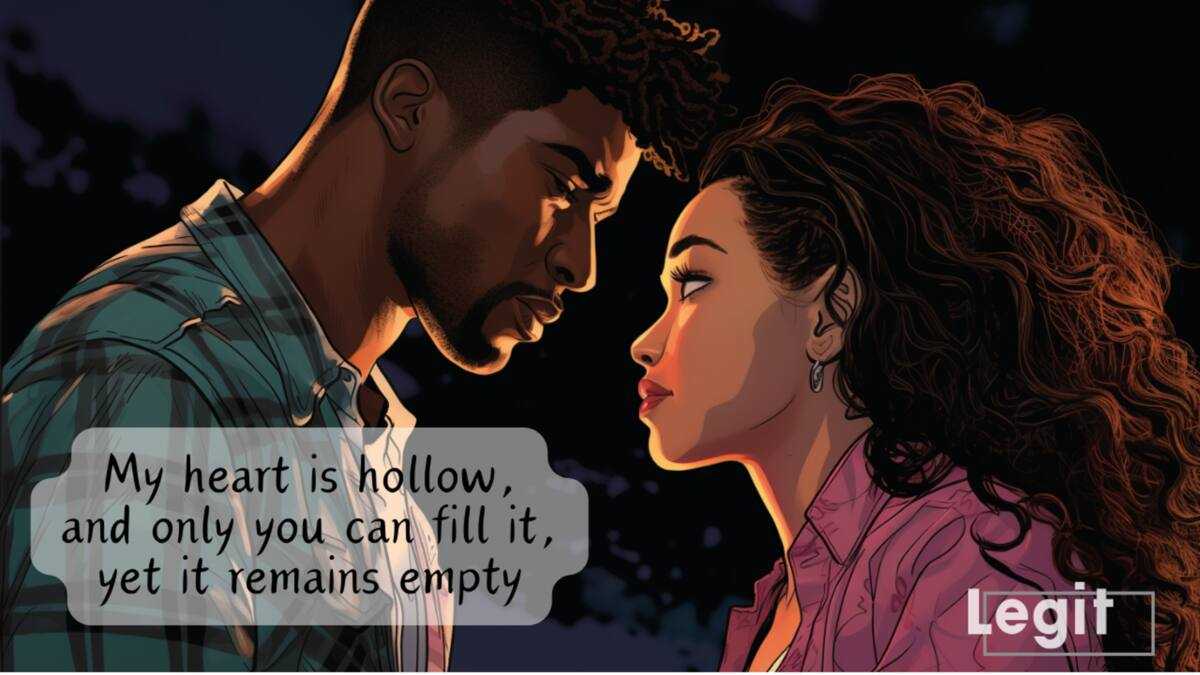Tragic Love Stories: Why Do We Love to Read About Heartbreak?
Love stories often capture our imagination, but none seem to touch the soul more deeply than tales of heartbreak. Tragic love, in particular, seems to have a magnetic pull on readers, drawing us in despite the sorrow they entail. Whether in literature, film, or real life, these stories offer us something profound.
They provide a mirror into our own emotional vulnerabilities, tugging at the most human aspects of our nature. Why are we so captivated by these tales of love that cannot be? And what does it say about us that we return to them again and again?
The Emotional Depth of Tragedy
• Why tragedy resonates: The appeal of tragic love stories lies in their emotional complexity. Unlike happy endings, which provide closure and satisfaction, tragic stories leave something unresolved. They reflect the reality that life is often not fair, that love does not always conquer all. This is a truth we may not like to face, but it is undeniably present in our world. By engaging with stories where love is thwarted—whether by death, societal pressures, or personal failings—readers are forced to confront their own fears and emotional limitations.
• Catharsis: Reading about heartbreak offers a sense of emotional release. Aristotle's theory of catharsis explains that tragic narratives allow us to purge our own anxieties and grief. By experiencing these emotions vicariously through characters, we cleanse ourselves of the real pain we might carry in our lives. These stories provide a safe space to explore emotions that might otherwise be overwhelming. It is as though we are allowed to dip our toes into the waters of despair, but we know we can withdraw before being fully submerged.
The Universality of Loss
• Shared human experience: Heartbreak is one of the few universal experiences. Everyone, regardless of background, has encountered love in some form and, perhaps more significantly, has experienced the pain of loss. Tragic love stories are compelling because they tap into this collective human experience. The specifics of a story may differ—whether it is Romeo and Juliet’s ill-fated love or the quiet despair of unrequited affection—but the underlying theme remains the same. We all know what it means to lose someone, to want something that is just beyond reach.
• Connection to grief: Reading about characters who endure these same trials helps us feel less alone. In a world where emotions can sometimes feel isolating, these stories provide a sense of solidarity. We see our own heartbreak reflected in the characters and their situations, reminding us that loss is not something we bear in solitude. It can be shared, understood, and ultimately survived.
The Aesthetic Beauty of Suffering
• Romanticizing sorrow: There is an undeniable aesthetic quality to tragic love stories. Artists, writers, and filmmakers have long recognized the poetic potential in heartbreak. Suffering, in these narratives, becomes something beautiful, a testament to the depth of the characters' love. The pain they experience is often framed as the price they must pay for having loved so fully.
• Beauty in imperfection: The imperfections in these love stories—whether it is the timing, the circumstances, or the characters themselves—often contribute to their tragic beauty. This resonates with readers because real love is rarely perfect. By seeing love fail in spectacular, emotionally charged ways, we gain a deeper appreciation for its fragility. There is a certain dignity in seeing characters fight for love, knowing that they will fail. It reminds us that, while love may not always last, it is worth striving for.
The Power of Forbidden Love
• Society and love: One of the most powerful elements of tragic love stories is the role that society often plays in shaping the narrative. Many of the most memorable tragic love stories feature lovers who are kept apart by external forces—be it family expectations, social norms, or laws. This theme of forbidden love taps into a deep-seated desire to challenge authority and push against societal constraints.
• Defying the odds: Readers are drawn to these stories because they often involve characters who defy the odds in pursuit of love, even though the obstacles prove too great in the end. This defiance is both inspiring and heartbreaking. It touches on a primal longing for freedom in love—an assertion that love should transcend boundaries, even if it cannot. The tragic outcome only reinforces the notion that society, or fate, can be cruel, heightening the emotional stakes.
Why We Return to Tragic Love Stories
Despite the heartbreak they bring, we continue to read tragic love stories because they offer something unique. They force us to confront our own emotions, to reckon with the complexities of love, loss, and human connection. These stories remind us that love is as fragile as it is powerful, and that sometimes, it is the very act of losing love that makes it all the more precious.
In the end, it is not the heartbreak that lingers, but the beauty of having loved at all. Tragic love stories offer us a window into the most vulnerable parts of ourselves, allowing us to feel deeply, and perhaps to heal, even as we cry for the characters who could not overcome their fate.
References
- Why We Love: The Nature and Chemistry of Romantic Love
- Aristotle’s Poetics
- Love and Limerence: The Experience of Being in Love
- Emotional Tragedy and Catharsis in Literary Romance
- The Role of Catharsis in Tragic Love Stories
- Romeo and Juliet - Folger Shakespeare Library
- Upheavals of Thought: The Intelligence of Emotions
- The Tragic Beauty of Love
- Mourning and Melancholia
- Femininity and Domination: Studies in the Phenomenology of Oppression
















































